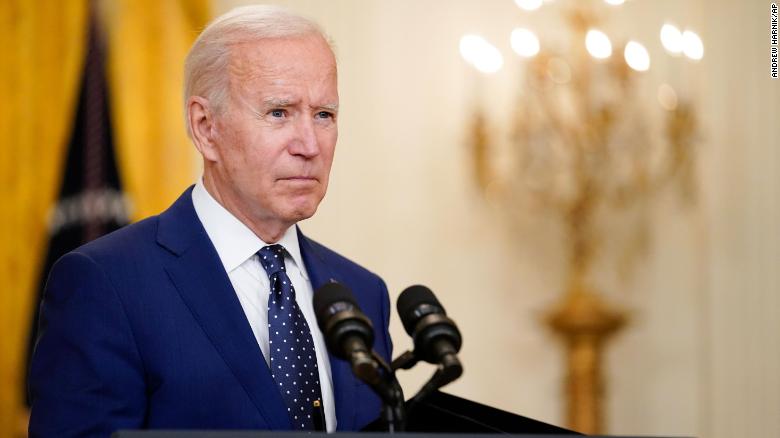President Joe Biden is preparing to declare the massacre of roughly a million or more Armenians under the Ottoman Empire a “genocide” this week, risking a possible severance of relations with Turkey, but fulfilling a campaign promise of finally use the word as president to describe the mass killings, after his predecessors refused to do so.
Two people familiar with the decision said the president was expected to make the statement as part of an official statement on Remembrance Day, which falls on April 24. Both said it was possible for the president to change his mind before then and issue a statement simply acknowledging the event without describing it as genocide.
US officials have also signaled to allies outside the government that they have been pushing for an official statement to be made that the president will acknowledge the genocide, said a third person familiar with the matter.
The Turkish government often registers complaints when foreign governments describe the event, which began in 1915, using the word “genocide.” Turkey maintains that this was wartime and there were deaths on both sides, and that the number of Armenians killed was 300,000.
Presidents Barack Obama and Donald Trump avoided using the word genocide to avoid angering Ankara.
But Biden has determined that relations with Turkey and its president, Recep Tayyip Erdoğan, which have deteriorated in recent years anyway, should not preclude the use of a term that would validate the plight of Armenians more than a century ago. and signal a commitment to human rights today.
The White House declined to comment on the decision when asked Wednesday. Press secretary Jen Psaki said the administration “would have more to say about Remembrance Day on Saturday.”
Tension between Turkey and the Vatican (2015 video)
The controversy of using the term “genocide” in the case of Armenians
The United States and its presidents have consistently avoided using “genocide” to describe atrocity. But as a candidate, Biden said that if elected, he would promise “to support a resolution that recognizes the Armenian genocide and will make universal human rights a priority for my administration.”
But similar commitments have not been fulfilled before. When Obama ran for president, he declared in a lengthy statement he shared “with Armenian Americans, many of whom are descendants of genocide survivors, a principled commitment to commemorate and end the genocide.”
But like presidents before him, the realities of diplomacy weighed in once he took office. In the eight years of his presidency, Obama avoided using “genocide” by commemorating the April event. With Turkey positioned as a key partner in the fight against ISIS terrorists, the issue seemed even less palatable.
In 2019, the United States Senate passed a resolution formally recognizing the mass killings of Armenians between 1915 and 1923 as genocide. Before its approval, the Trump administration had asked Republican senators to block the unanimous consent request multiple times on the grounds that it could undermine negotiations with Turkey.
Trump tried to cultivate a friendship with Erdogan, even as relations between Washington and Ankara deteriorated over Turkey’s purchase of a Russian-made air defense system and alleged human rights abuses by Turkish-backed forces in Syria. .
Biden has not spoken to Erdogan since taking office, although the Turkish leader is expected to participate in a climate summit of 40 world leaders that Biden will convene on Thursday and Friday.

